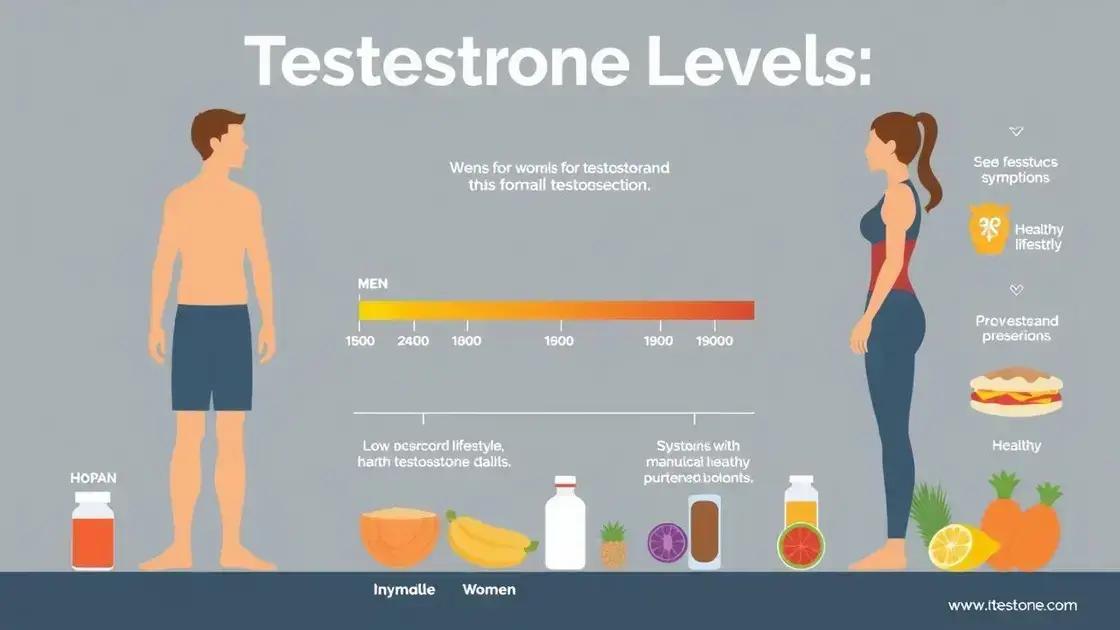
Debunking Common Myths About Vegan Diets: What You Need to Know
The vegan diet is more than just a diet; it’s a lifestyle choice driven by a variety of reasons including ethical, environmental, and health considerations. It involves abstaining from all animal products, which includes meat, dairy, eggs, and often other animal-derived substances like honey. As the popularity of veganism grows globally, understanding the nutritional balance, benefits, and potential pitfalls is essential for anyone considering this lifestyle.
Understanding Veganism
At its core, veganism is about avoiding the use of animals for food, clothing, or any other purpose. This ethic is often expanded into avoidances in personal care products and household cleaning items. Another aspect involves sustainable living and reducing the overall ecological footprint because plant-based diets generally require fewer resources than meat-centric diets.
Nutritional Components of a Vegan Diet
A well-balanced vegan diet consists mainly of fruits, vegetables, legumes, grains, nuts, and seeds. These provide almost all the essential nutrients required for a healthy lifestyle, although some vitamins and minerals like Vitamin B12, Iron, Calcium, and Omega-3 fatty acids may require special attention.
Supplementation is commonly considered for nutrients that are challenging to obtain in sufficient amounts from plant sources alone. Foods like fortified plant milks, nutritional yeast, and certain types of algae can help bridge these gaps.
The Health Benefits
Scientific studies suggest several health benefits associated with a vegan lifestyle:
- Lower Risk of Heart Disease: Plant-based diets are high in fiber and antioxidants, which can improve heart health by reducing cholesterol levels and blood pressure.
- Weight Management: Vegan diets have been linked to lower body mass index (BMI) and reduced risk of obesity because they are often lower in calories while still being nutrient-dense.
- Type 2 Diabetes Prevention: A reduction in processed foods and a focus on high-fiber options help control blood sugar and improve insulin sensitivity.
- Improved Kidney Function: Consuming plants over animal proteins can enhance kidney function in individuals with chronic kidney disease.
Environmental and Ethical Considerations
The ethical foundation of veganism is strongly tied to animal rights and welfare, seeking to eliminate harm and exploitation. The environmental argument is compelling, citing that animal agriculture is a leading cause of deforestation, water pollution, and higher greenhouse gas emissions.
The shift from animal to plant-based production can significantly decrease these environmental impacts. A vegan lifestyle strives to contribute towards a more sustainable planet.
Challenges and Considerations
Transitioning to a vegan diet may present challenges such as potential nutritional deficiencies, social situations involving meals, and the availability of vegan-friendly options. Planning and education can help overcome these hurdles.
Maintaining variety in meals is crucial to avoid monotony and to ensure a broad intake of nutrients. Exploring different cuisines and ingredients can significantly enhance the experience.
Conclusion
The vegan diet offers a myriad of benefits, from personal health to global environmental impacts. Whether motivated by ethical, ecological, or health concerns, adopting a vegan lifestyle requires consideration and planning but has rewarding paybacks. As understanding and options for vegan living continue to grow, so too does the importance of making informed dietary choices.
FAQs
- Is a vegan diet healthier than an omnivorous diet?
- While vegan diets can offer health benefits like reduced risk of chronic diseases, overall health depends on how well the diet is planned and balanced. It’s important to consume a variety of foods to meet nutrient needs.
- How can I get enough protein on a vegan diet?
- Protein is available in various plant-based sources such as beans, lentils, tofu, tempeh, quinoa, and nuts. These can sufficiently meet protein needs when consumed in appropriate portions.
- Are vegan diets suitable for children?
- A properly planned vegan diet can be suitable for children. Parents should ensure that their child receives all the necessary nutrients, potentially with guidance from a healthcare provider.
- Why is Vitamin B12 important for vegans?
- Since B12 is primarily found in animal products, vegans need to obtain it from fortified foods or supplements in order to prevent deficiency, which can lead to anemia and neurological issues.
For more information related to lifestyle and health, you may explore additional resources such as the CNN YouTube Channel for videos and updates.
[Insert YouTube Video] regarding: Vegan Diet.
For further understanding, check these additional links:
- Quora: Domestic Steroids Shipping
- Menagerie Media: Blog
- Body Piercing Guide
- Steroid.com
- Podcasts by Hanna Houston
FREE SHIPPING
CLICK HERE!
HOT PROMOTIONS!
A vegan diet is one that excludes all animal products, including meat, dairy, and eggs, and focuses entirely on plant-based foods. Increasingly popular in recent years, this lifestyle choice is often adopted for health, environmental, and ethical reasons. Health-wise, a vegan diet is often rich in nutrients, as it emphasizes fruits, vegetables, grains, nuts, and seeds, which are high in fiber, vitamins, minerals, and antioxidants. This diet can help reduce the risk of chronic diseases such as heart disease, diabetes, and certain cancers. Vegans typically have lower cholesterol levels, lower blood pressure, and a lower body mass index (BMI) compared to those who consume animal products.
From an environmental perspective, veganism is considered more sustainable. The production of plant-based foods generally requires fewer resources, such as land, water, and energy, compared to animal agriculture, which is a significant contributor to greenhouse gas emissions, deforestation, and biodiversity loss. By choosing a vegan diet, individuals can reduce their carbon footprint and contribute to the preservation of ecosystems. This conscientious choice can help address some of the pressing environmental challenges facing the planet today, making veganism not only a personal health decision but also an environmentally responsible one.
Ethically, many individuals are drawn to a vegan diet out of concern for animal welfare. Factory farming practices, which are often cruel and inhumane, lead some people to adopt a vegan lifestyle to avoid contributing to animal suffering. The ethical stance taken by vegans promotes the idea that all sentient beings have a right to live free from exploitation and harm. By choosing plant-based foods, vegans aim to uphold these ethical standards and encourage a more compassionate relationship with animals.
Transitioning to a vegan diet can present challenges, particularly for those accustomed to a diet high in animal products. It requires a conscious effort to ensure nutrient adequacy, particularly for nutrients such as vitamin B12, iron, calcium, and omega-3 fatty acids, which are commonly found in animal-based foods. This often means incorporating fortified foods or supplements to meet daily nutritional needs. Additionally, dining out or traveling may require extra planning to find suitable vegan options. However, the rise in popularity of veganism has led to an increase in vegan-friendly products and restaurant offerings, making it easier than ever to maintain this diet.
Overall, a vegan diet offers numerous benefits, from promoting personal health to supporting environmental sustainability and ethical living. While it may require initial adjustments and a commitment to mindful eating, many find that the advantages far outweigh the challenges. The growing community of vegans and the increasing availability of resources and support can effectively guide newcomers on their vegan journey. As awareness continues to spread, more people are likely to embrace veganism as a holistic approach to health, ethics, and environmental stewardship.
















